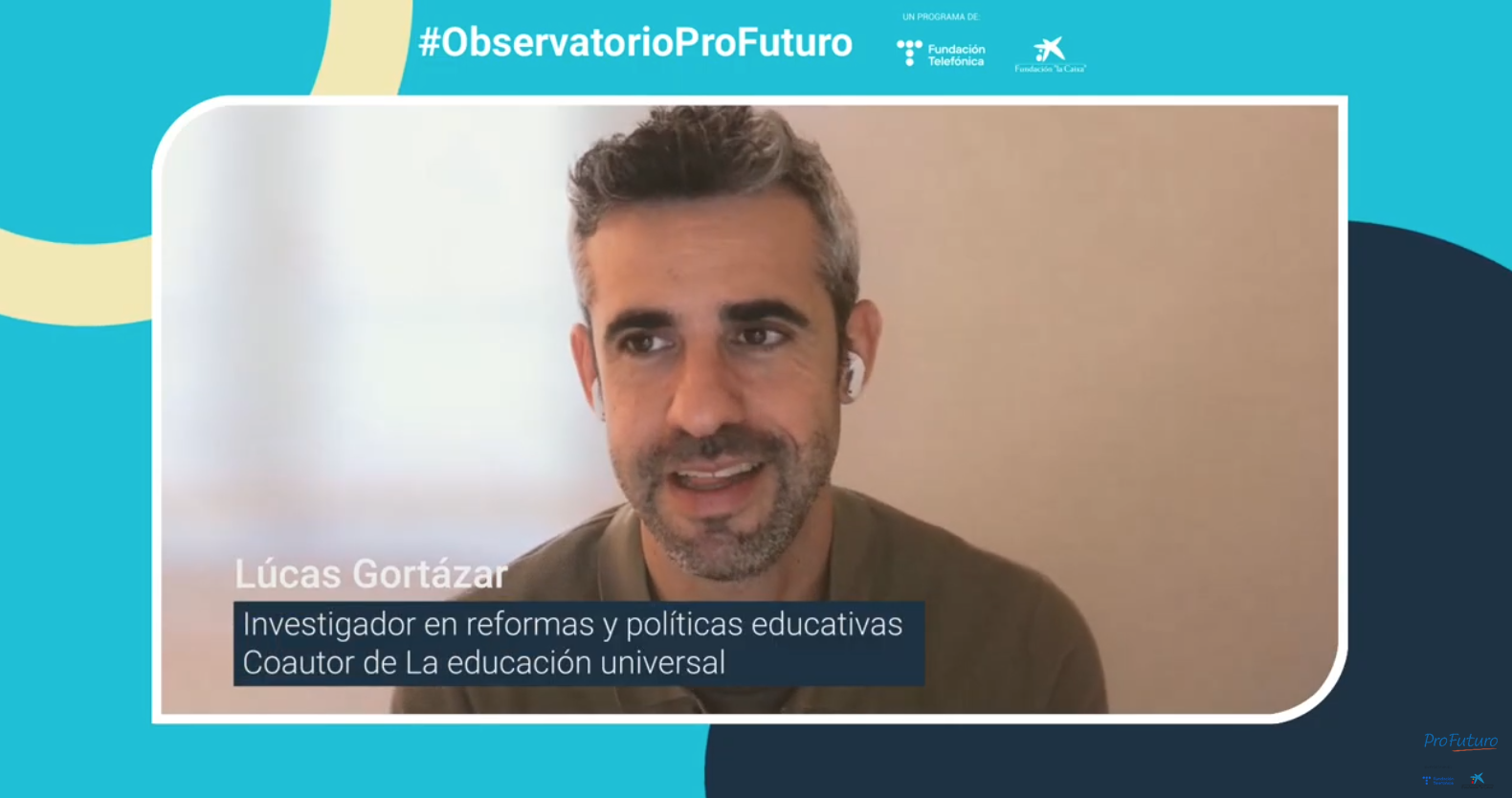Lucas Gortázar
After beginning his career at the World Bank almost by chance, Lucas Gortázar has spent more than a decade driving ideas and reforms to make education work better for everyone.

Sobre Lucas Gortázar
< View All ContributorsAn interdisciplinary lens to understand and change education
Born in Bilbao in 1986, Lucas Gortázar never imagined that his path—initially rooted in mathematics—would lead him to devote himself to education. He holds a degree in Mathematics from the University of the Basque Country (UPV/EHU), a Master’s in Economics from CEMFI, and another Master’s in Mathematical Modelling from University College London (UCL). He later completed a PhD in the Economics of Education, also at UPV/EHU.
His entry into the world of education was, as he himself admits, a “fortunate accident”: during his postgraduate studies, he applied to a World Bank call and, in 2012, joined the organisation’s Education team—despite having no prior training in the education sector. What began as something unexpected soon became his vocation. His experience at the institution allowed him to learn about education systems in more than 20 countries, shaping him as a public policy researcher with a broad international perspective.
Today, Lucas leads the Education area at EsadeEcPol, a public policy analysis centre, where he conducts research, advises governments, companies and NGOs, and coordinates applied projects. His work sits at the intersection of social sciences, statistics, education and public policy implementation, with a strongly interdisciplinary approach.
Beyond technical analysis, he has consistently sought to build bridges between academia, policy and practice. He believes education must combine rigour with humanity and strives to bring together evidence and social sensitivity: his vocation stems from a realistic—yet hopeful—view of education as a driver of transformation.
He is the author of Educación Universal (Debate, 2025), written with Juan Manuel Moreno, a book that examines the global challenges of “the most ambitious project in the history of humankind” and proposes a new framework to revive it.



